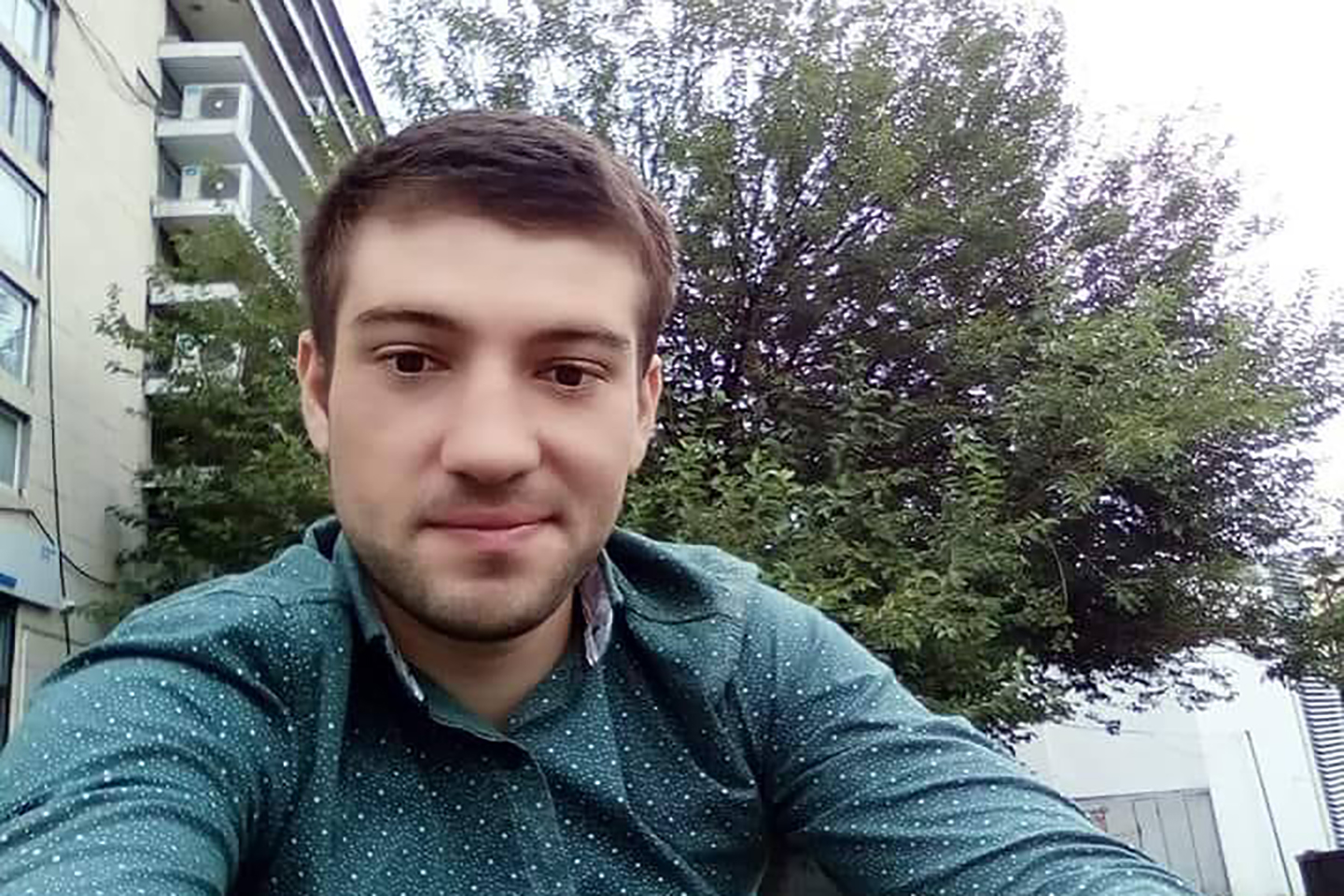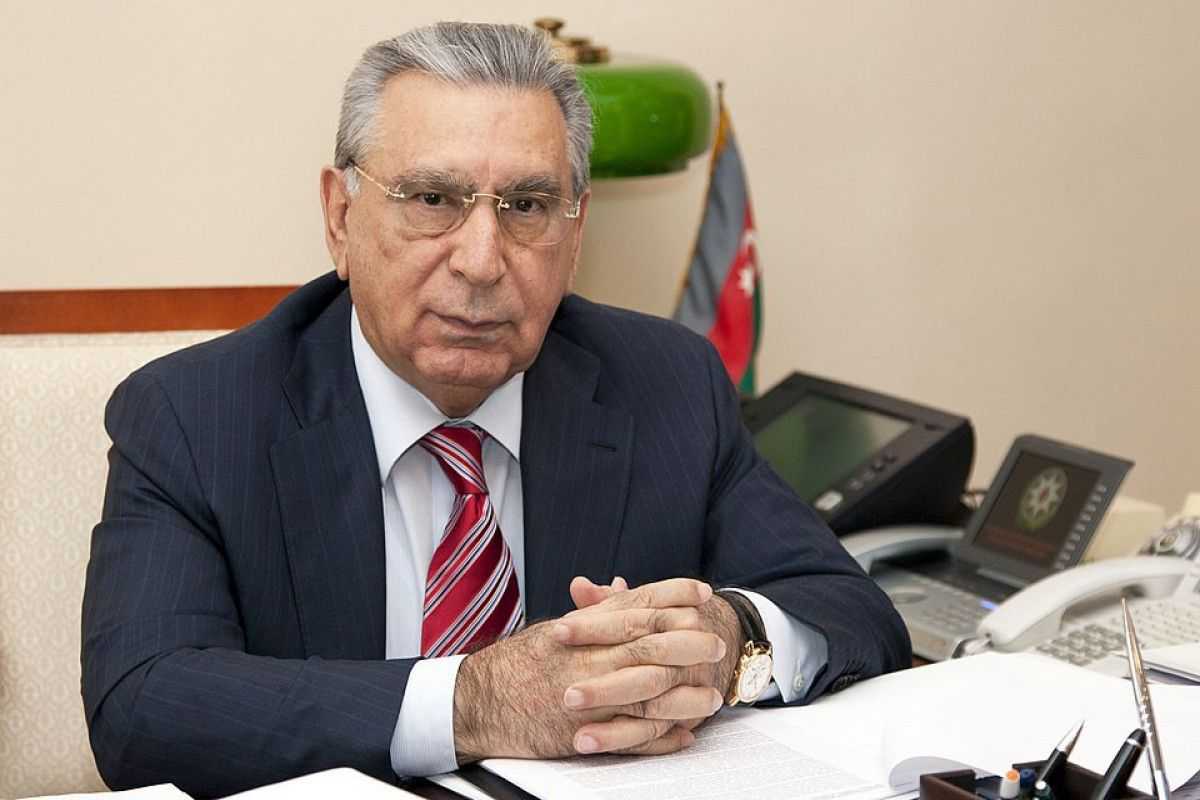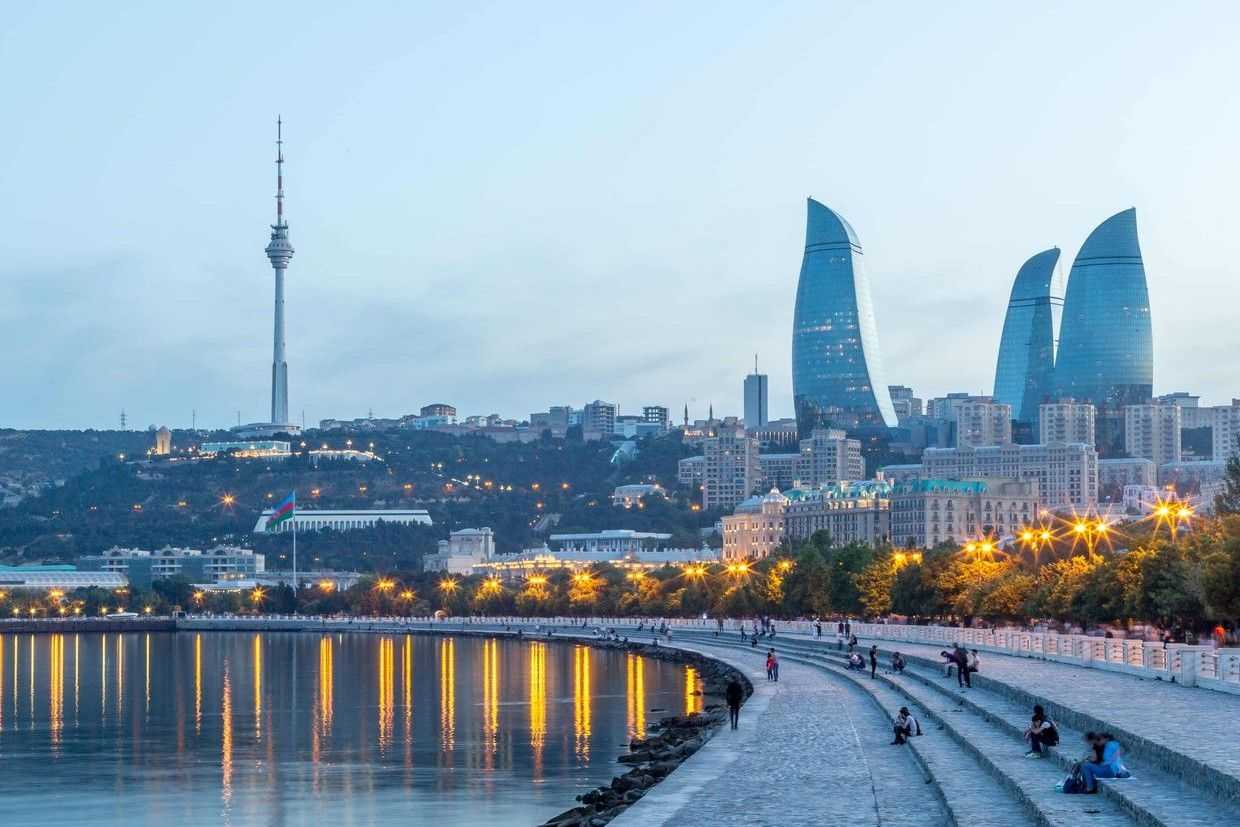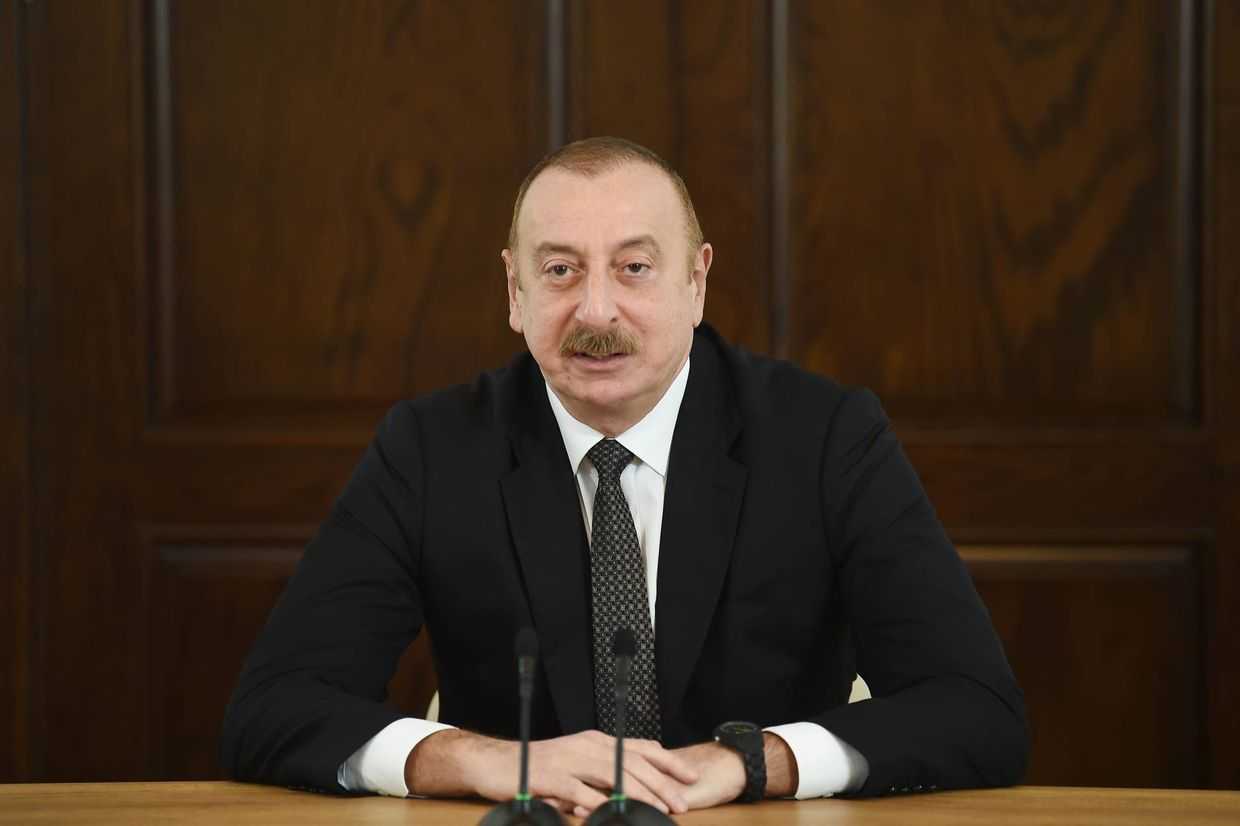

An ethnic Azerbaijani teacher in southeast Georgia’s Kvemo Kartli Region has been made to publicly apologise after reporting the kidnapping of one of his former students and criticising Georgia’s Azerbaijani community for endorsing bride kidnapping.
Hamid Sadikh, a geography teacher in the village of Tezekendi in Gardabani Municipality, was widely criticised by other residents of the village after he made a Facebook post on 9 October criticising the incident.
‘One of my students, whom I used to teach at one time, has been forcibly kidnapped. Today she should have had her first day at university. She was kidnapped from the bus stop. From Gardabani’s Tazakendi [village]. Our community consists of such lowlives, bastards, and dirty people. Now the fucking aksakals [elder men] will start saying “let them reconcile and go on”. Bastards’ tribe. Fie!’, he wrote. The post was later removed.
The following day, faced with a wave of online criticism, he wrote another post explaining that he was not trying to insult the elders or the community but condemned those who supported violence and those who commit violence.
He said the words ‘lowlives, bastards, and dirty people’ was referring only to ‘people who forcibly kidnap girls’.
‘Writing “bastards’ tribe” I meant those people who consider a girl’s kidnapping something to be proud of […] those who forcibly make any girl they like their wife, and those who justify this, who treat it as something normal’, he wrote.
Following his post, Sadikh was confronted and berated by a group of men in the village centre and forced to apologise. The scene was filmed and then disseminated through Facebook.
The men accused him of not respecting the ‘elders’ of the village. The video shows one man telling Sadikh that people in the village respected him as a teacher, ‘but you used your status of a teacher to tarnish the names of these teachers’.
‘You don’t deserve the title of teacher […] Didn’t you think that writing that [post] about the elders in your own family? If [in a village there is no] elder to reconcile two fighting people, what kind of village would it be?’, he said.
After apologising to all of the men present Sadikh also apologises to ‘the elders’.
Another man seen angrily approaching Sadikh is urged by others not to attack him; the man then berates him, calling him ‘worthless’ and a ‘wuss’.
According to Georgian TV station Mtavari Arkhi, who aired the footage on 14 October, the police have launched an investigation into ‘coercion’ and have questioned Sadikh.
On 15 October, the Interior Ministry said that they had detained and charged two individuals for ‘illegal restriction of freedom’, for kidnapping a 19-year-old woman from Tezekend who later managed to escape. The crime is punishable by 7–10 years in prison.
Online support
After Sadikh’s forced apology went viral on social networks, young Azerbaijanis in both Azerbaijan and Georgia started an online campaign in his support with the hashtags #mənHəmidəm (‘I am Hamid’) and #MüəlliməToxunma (‘Don’t touch the teacher’).
One commenter said ‘give teachers like Hamid to this society, [teachers] who protest violence and people who commit violence as you have done’.
‘Sorry, Hamid! For not being near you physically, not being able to be in greater number than they were, sorry for apologising to you’, said another.
‘I love my nation very much, but today “you” silenced a teacher who was protesting against injustice, and I am embarrassed to be a part of society which consists of “you” and with all of my heart I hate “you” ’, one said.
‘First of all, it is the violence in the fight of elders against young people. Secondly, it is choking freedom of speech and thought. And thirdly, it is silencing someone who warned about the dangers of early marriages, in particular, alienation of girls from school’, another commenter said.
An ‘unsolved’ problem
In her 2018 report, Georgian Public Defender Nino Lomjaria noted that the problem of kidnapping girls and young women in regions predominantly populated by ethnic minorities remained ‘unsolved’.
The Georgian Ombudsman said that ‘when it comes to ethnic minorities, strict policing is not carried out with regard to these particular crimes. There is indignation towards police that operative and investigative measures are delayed which mostly happens because the authorities suppose that families will reconcile and their work will thus be finished sooner’.
In 2014, Georgia also amended the Criminal Code to include forced marriage, including unregistered force marriages punishable with fine or up to 2 years in prison (and up to 4 years committed against a minor).









